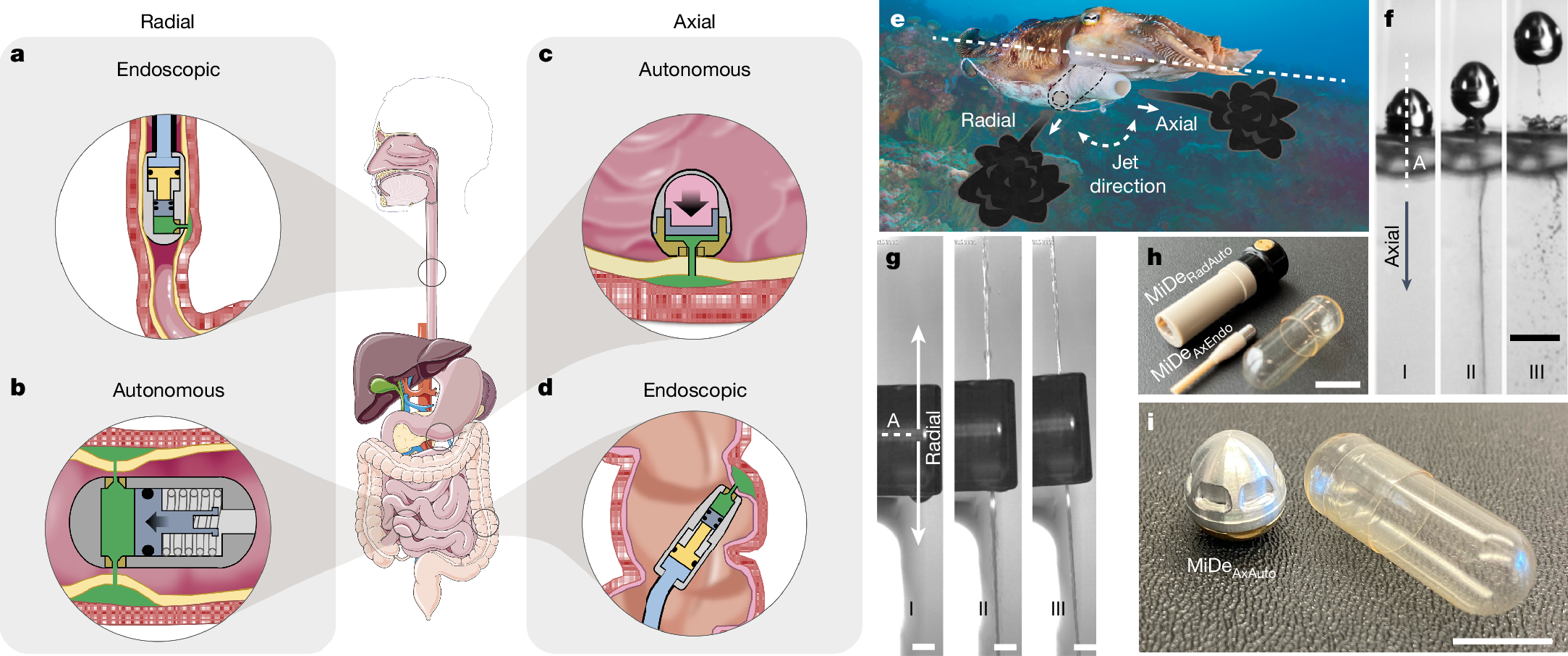2024-11-20 ラトガース大学
<関連情報>
- https://www.rutgers.edu/news/researchers-zero-genetic-variant-tied-miscarriages
- https://www.pnas.org/doi/abs/10.1073/pnas.2414963121
キネシンモータードメインにおける母親の遺伝子変異が卵子の異数性を早急に増加させる Maternal genetic variants in kinesin motor domains prematurely increase egg aneuploidy
Leelabati Biswas, Katarzyna M. Tyc, Mansour Aboelenain, +10, and Karen Schindler
Proceedings of the National Academy of Sciences Published:October 30, 2024
DOI:https://doi.org/10.1073/pnas.2414963121
Significance
This study presents an enhanced statistical and functional genetic pipeline to identify genetic determinants of reproductive aging linked to egg aneuploidy by analyzing maternal exomes. It demonstrates that variants in kinesin genes, specifically KIF18A and KIF20A, contribute to increased aneuploidy and accelerated reproductive aging and provide biological validation of a candidate clinical variant for causation of egg aneuploidy. Identification of precision genetic biomarkers for EEA could provide a personalized approach to fertility care, bringing a much-desired genomic medicine lens to fertility treatment.
Abstract
The female reproductive lifespan is highly dependent on egg quality, especially the presence of a normal number of chromosomes in an egg, known as euploidy. Mistakes in meiosis leading to egg aneuploidy are frequent in humans. Yet, knowledge of the precise genetic landscape that causes egg aneuploidy in women is limited, as phenotypic data on the frequency of human egg aneuploidy are difficult to obtain and therefore absent in public genetic datasets. Here, we identify genetic determinants of reproductive aging via egg aneuploidy in women using a biobank of individual maternal exomes linked with maternal age and embryonic aneuploidy data. Using the exome data, we identified 404 genes bearing variants enriched in individuals with pathologically elevated egg aneuploidy rates. Analysis of the gene ontology and protein–protein interaction network implicated genes encoding the kinesin protein family in egg aneuploidy. We interrogate the causal relationship of the human variants within candidate kinesin genes via experimental perturbations and demonstrate that motor domain variants increase aneuploidy in mouse oocytes. Finally, using a knock-in mouse model, we validate that a specific variant in kinesin KIF18A accelerates reproductive aging and diminishes fertility. These findings reveal additional functional mechanisms of reproductive aging and shed light on how genetic variation underlies individual heterogeneity in the female reproductive lifespan, which might be leveraged to predict reproductive longevity. Together, these results lay the groundwork for the noninvasive biomarkers for egg quality, a first step toward personalized fertility medicine.



